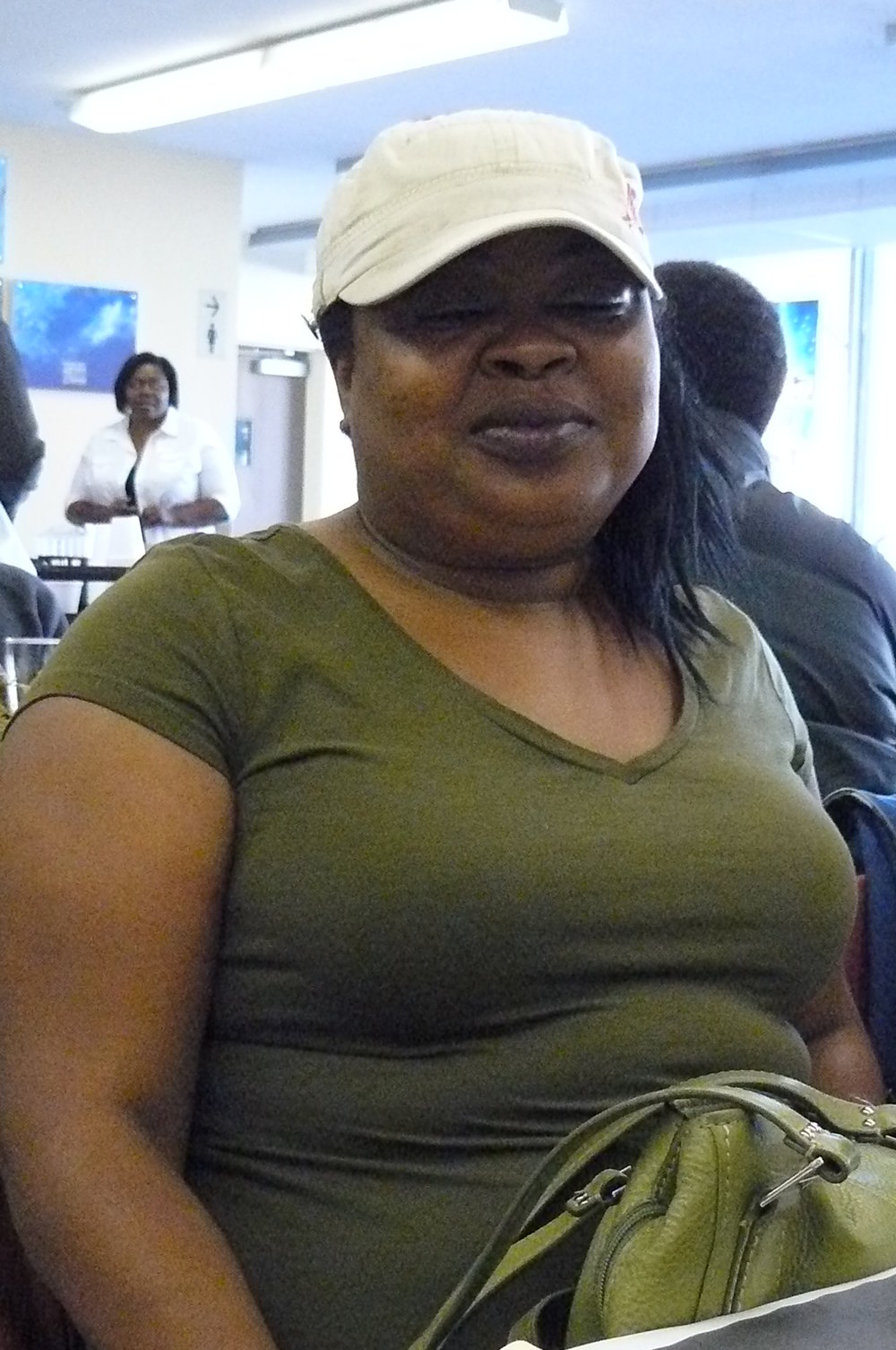Interesting News Stories Around Homelessness

"What I describe Skid Row as is the biggest man-made disaster in the United States," says the Rev. Andy Bales, who runs the shelter and has worked on Skid Row for almost 10 years.
Bales says things had been improving on Skid Row, but they've taken a bad turn since the recession. He says hospitals from the region, and even other states, have been dumping homeless patients on Skid Row illegally, and that jails are releasing inmates without enough preparation. Resources have also been reduced for shelters in favor of other approaches.
It then went all downhill when the discussion shifted to permanent supportive housing. As we have said repeatedly on these pages, PSH projects are fine and needed, but they do not solve homelessness. If 20% of the population are long term and eligible for the PSH projects, then housing all of those individuals will leave 80% of the population still homeless. No matter how you spin it, the money saved in the community by removing the 20% will not go to address the other 80% of the population. Finally, we never solve the problem for the 20%, because we cannot build enough housing at one time to end long term homelessness. So, we help a few people, but even the problem with the long term homeless is not "solved." It is only reduced in the community. There are plenty of other homeless people who replace those placed in PSH buildings.
This is similar to a hurricane hitting Ft. Lauderdale and destroying 50,000 homes, and the HUD Secretary steps out to say, "Don't worry, we got this. We plan to build 3,000 homes to solve this problem by 2020." People would laugh him out of the room. They would say that the population would move or be dead by 2020. They would demand immediate action to solve the problem of homelessness for the 50,000 who lost their housing. This is why there is this disconnect at the local level. HUD officials are prescribing a cure for an illness that has nothing to do with what is going on in the community that we live in.
Officials Want DC Family Shelter to Close. We talked about the horrible family shelter in Washington DC. Human Service workers in DC are trying to close the former DC General Hospital and replace it with a better facility. The article does not mention any timeline or source of funding to replace all these units. There is a goal of one-to-one replacement of the beds of DC General, but it is going to cost millions to provide for all these families.
On October 22, Vice media took a look at the inability to speak about homelessness in the United States. Peter Brown Hoffmeister looked at how we talk about homelessness. He does a really good job talking about all the hardships faced by homeless people. I spent some time living outside with a few homeless people and was unaware of all the things that were a threat to a person without a place to go home to. The dangers of getting wet, learning how to sleep with one eye open were big issues. The Vice media has a really nice in depth article on all the things people facing a homeless person and all the things the general population does not understand.
The National Coalition for the Homeless Board Members look at the need for expanded housing voucher program. In most cities there are years long wait. In Cleveland, there were 64,000 people who tried to get a voucher when it was opened and only 10,000 people had their numbers drawn. We will wait for seven years before the voucher list will re-open. There are so many who cannot afford housing and need a little help. They make minimum wage and cannot afford the rents even in a rather inexpensive housing market like Cleveland.
Tokyo has a record low number of homeless people despite being one of the most populous cities in the world. They are actually solving homelessness, while we are only paper solving homelessness in the States. We talk about slight reductions in homelessness, but when you look behind the numbers there are so many who are not counted but living in basements or garages. There are families who never get counted because they are not visible. There are so many kids who couch surf and don't counted. We need to look at how Japan is dealing with affordable housing compared to the United States.
Brian Davis
Posts reflect the opinion of those who sign the entry.
